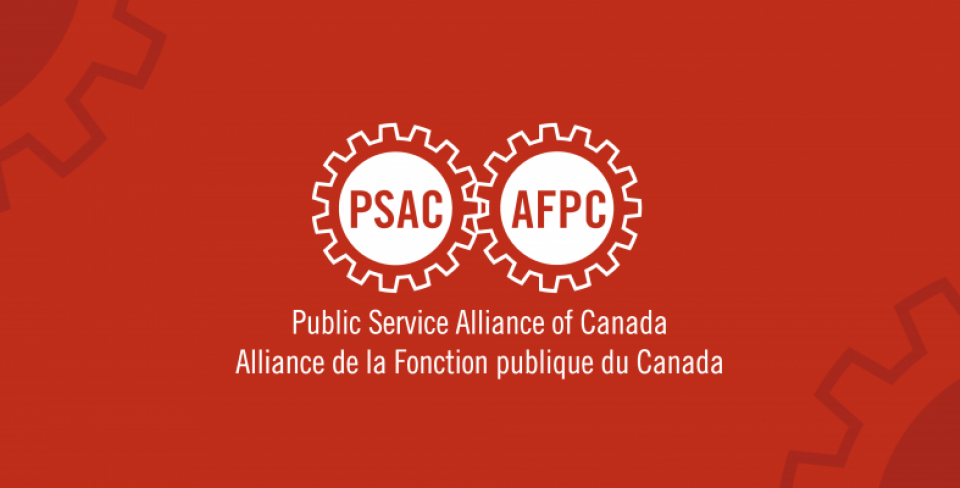
The Public Service Alliance of Canada represents 123,856 federal public service workers under the Treasury Board of Canada in every province and territory in the country. Our hard-working members provide the backbone of Canada's public services – protecting our borders, providing vital social services and ensuring our vast lands and oceans are safe and sustainable.
Collective bargaining is how the union (the bargaining agent) and management come up with the terms and conditions of employment for the workers involved (the bargaining unit). Provincial or federal labour legislation sets out rules for how these negotiations take place and how disputes are handled.
Each bargaining agent also has rules about how they negotiate on behalf of their members:
- how the member input is gathered,
- how decisions are made about bargaining proposals,
- who does the bargaining.
PSAC's rules are set out in Regulation 15 of our Constitution.
Not sure which bargaining unit you belong to? Find out here.
Questions? [email protected].
Updates
-
February 27, 2026
FB group: Notice to bargain filed ahead of bargaining conference
FB group: Notice to bargain filed ahead of bargaining conference -
February 27, 2026
How federal job cuts affect employees on leave
How federal job cuts affect employees on leave -
February 26, 2026
Job cuts at CBSA and Veterans Affairs show no one is safe
Job cuts at CBSA and Veterans Affairs show no one is safe -
February 12, 2026
Federal unions win improvements to the NJC Travel Directive
Federal unions win improvements to the NJC Travel Directive -
February 12, 2026
EB group declares impasse with Treasury Board
EB group declares impasse with Treasury Board -
February 11, 2026
PA group declares impasse with Treasury Board
PA group declares impasse with Treasury Board
 Member Login
Member Login














